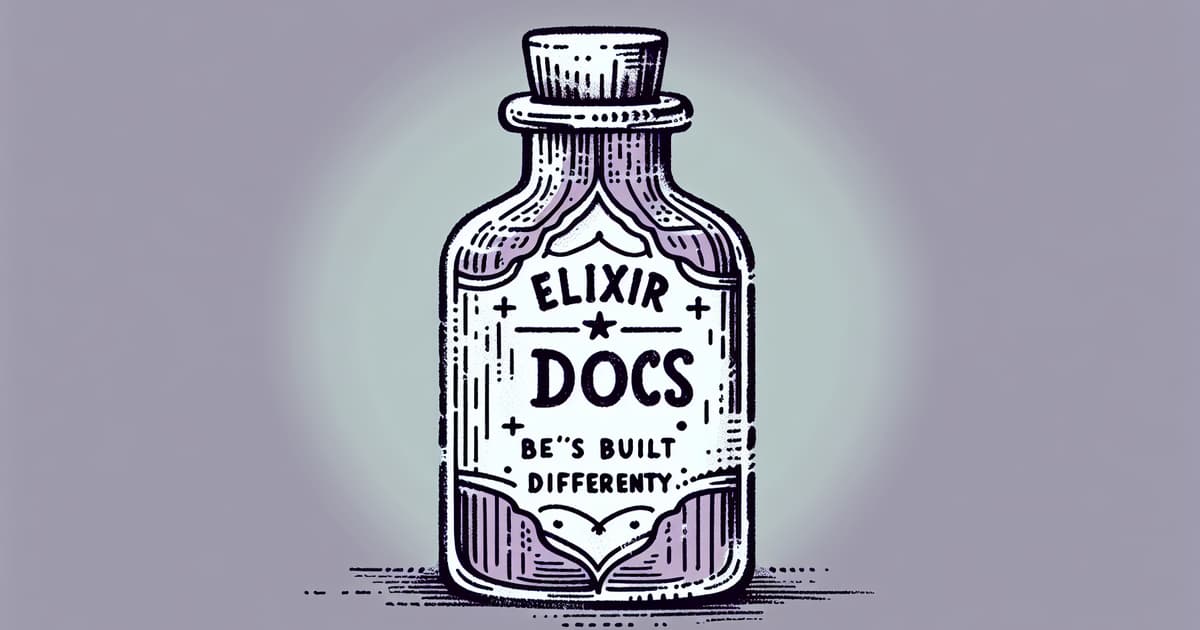We can't find the internet
Attempting to reconnect
Something went wrong!
Hang in there while we get back on track
Ensuring Security when Handling Zip Files in Phoenix Applications
408
clicks

Source: fly.io
Mark Ericksen discusses the safety of using the Erlang :zip module in Phoenix applications by examining potential security risks associated with zip files. The post delves into two specific types of attacks: Path Traversal attacks and Zip Bomb attacks. The Path Traversal attack allows attackers to access files outside the application directory by manipulating file paths, potentially overwriting system or application files. The Zip Bomb attack involves creating zip files that, when unarchived, can consume an immense amount of resources, leading to a denial-of-service situation.
Ericksen explains through experiments that while the :zip.extract function in Elixir's OTP library prevents archiving to the system root, application root is still at risk if precautions are not taken. The use of the :cwd option in :zip.extract allows developers to control the extraction location, ensuring files are contained within it. Additionally, early detection of illegal paths in zipped directories can prevent extraction altogether. Despite these safeguards, :zip.extract is still vulnerable to Zip Bomb attacks, and antivirus software may not detect all potential threats.
To enhance security when accepting zip files from users, antivirus checks, setting a secured working directory during extraction, and isolating extractions in a sandboxed environment are recommended. Ericksen concludes that Phoenix applications can indeed safely use the :zip module, provided these extra precautions are implemented.
Related posts
© HashMerge 2026


